Cruising: you either get it or you don’t. It’s why the coronavirus pandemic has seen such a polarised view of a leisure activity that is decades old and has produced so much joy…and division.
This week was more interesting than most. It started normally enough: yet another ABC report about the Ruby Princess – same story, slightly different case.
Four Corners interviewed passengers who felt – with some justification – they weren’t informed about the risks when the ship set sail in March. Tracey Temple told the program about her embarkation: “I heard that they were fumigating. I panicked and went and tried to find somebody from the cruise ship.”
She found a crew member. “I said to her, ‘I would like to ask you a question. I am a kidney and pancreas transplant patient. I want to know if it’s safe for myself and my mother to get onto this cruise?’
“She said that the cruise ship would not let one passenger, let alone all passengers, be put at risk if it wasn’t safe to sail.”
Ms Temple is, perhaps understandably, angry.
“I nearly lost my life and my transplant as well, because of somebody’s neglect, somebody’s stupidity, and the lies, just the lies that they told. As far as I’m concerned, they put the mighty dollar first and they never put our safety first.”
Next stop The Sydney Morning Herald. This time, it was Aurora’s Greg Mortimer that was the centre of attention.
Named after one of the first two Australians to successfully climb Mount Everest and a brand new vessel with a revolutionary bow, she was caught up in the pandemic off South America last march. It lasted many weeks, thanks to the ports who turned her away.
Aurora Expeditions is an Australian company founded by the Mortimers almost 40 years ago. The idea was to take small groups of travellers to remote regions and create “ambassadors for the preservation and protection of these sacred places”.
Their boast: “Less people means more solitude and greater flexibility if tides, currents, ice or weather dictate a schedule change.”
The Nine newspapers story quoted Glenn Haifer, a part owner of the cruise company , as telling Dr Maruicio Usme, doctor on board the Greg Mortimer:
“You have done an amazing job. I wish to make it clear that if you do not provide me with the information I require and follow my direction you will never work for us again.”
The Greg Mortimer isn’t quite as infamous as the Ruby Princess.
But its 114 passengers spent upwards of $50,000 on an adventure in South America. Port after port refused them refuge – part of the appalling behaviour of the world’s governments at a time of crisis.
Now many feel the ship should never have sailed. And Aurora Expeditions, a small but sound Australian company that has invested heavily in new ships, is facing a potential class action.
Mr Mortimer, who founded the line in 1992, wouldn’t talk to us for this article. Which is a pity. His name is on the bow of the ship – like it or not, responsibility is the price of fame.
Friends rallied, however.
“Greg is a terrific guy and this is really tough on him,” Lonely Planet co-founder Tony Wheeler told the Financial Review. “He’s totally sold out of Aurora Expeditions, so it wasn’t his responsibility in any way, but his name is definitely attached to the whole thing.”
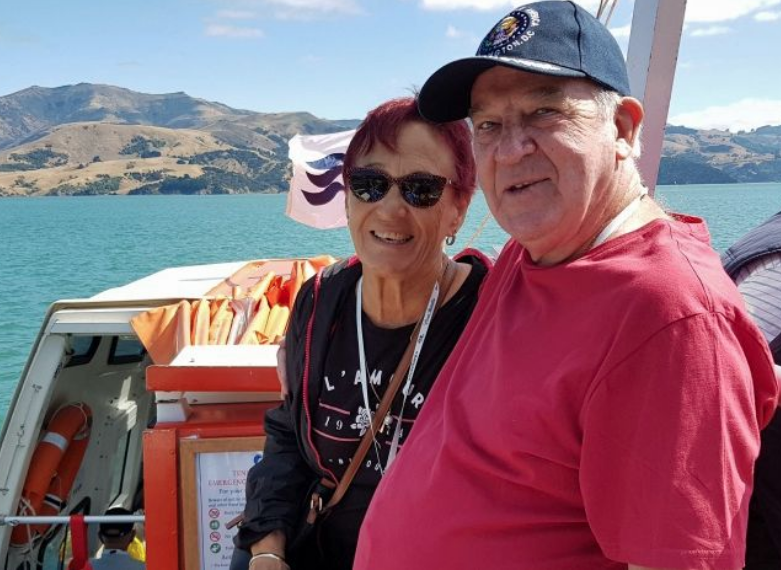
At the end of the week came a ray of light. And from the ABC.
In a segment filled with incredulity, and headed, “A pandemic won’t deter some Australians from cruising”, they interviewed a series of cruise passengers who can’t wait to cruise again.
Ursula Steinberner, a kidney transplant patient, and her partner Leon Sharp are eager to jump aboard their next ship.
“We’ve already been to Helloworld,” they told the ABC.
Ursula Steinberner summed up the feeling: “If you live your life worrying about what you’re going to get, you’ll never go anywhere”.
Ursula, we celebrate your view. There is no adventure without risk.
It’s time to stand up for what we love. Time to stand up for cruise.

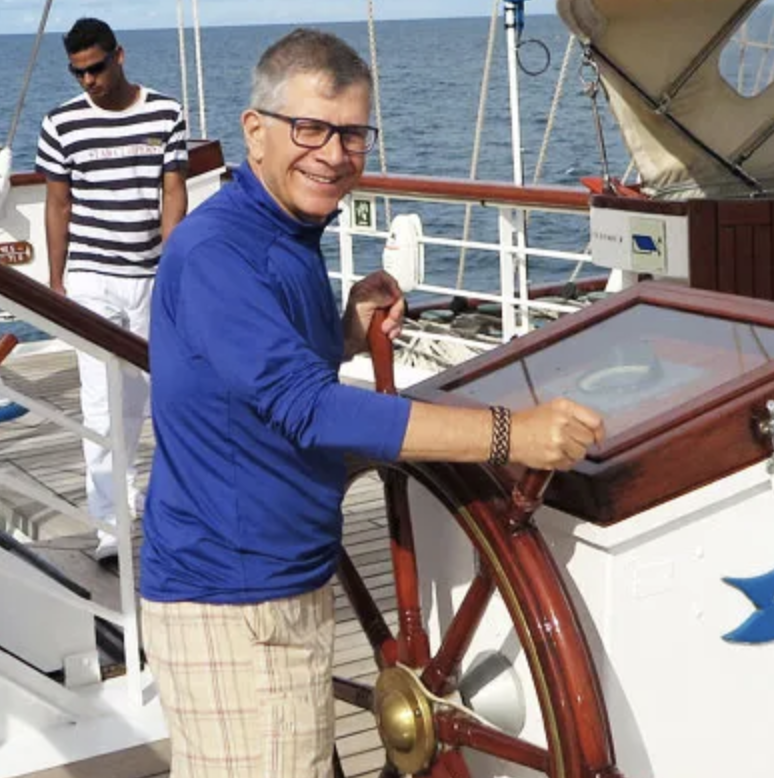
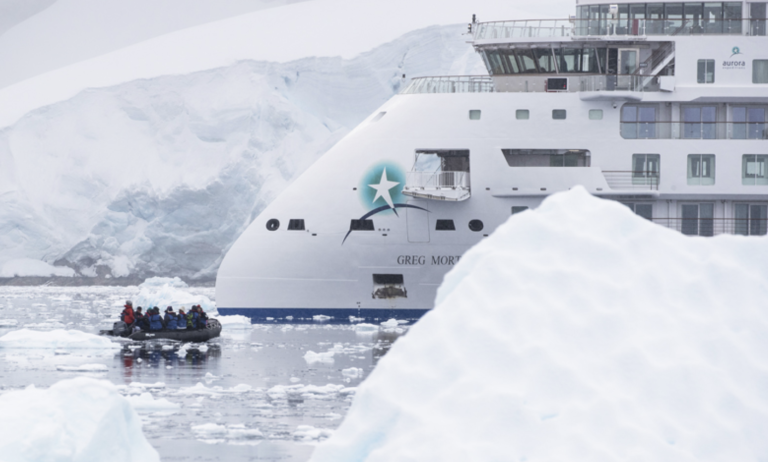
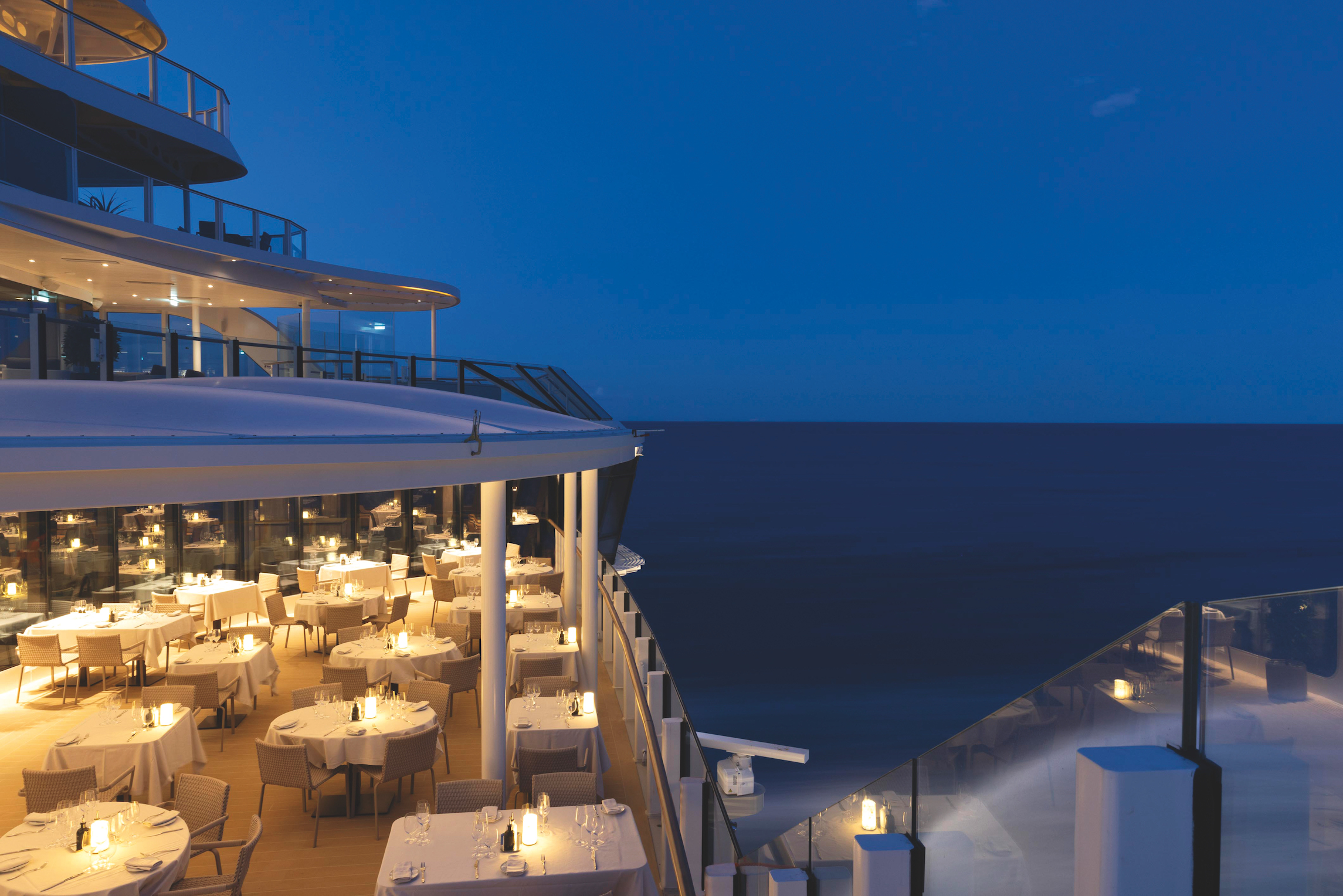

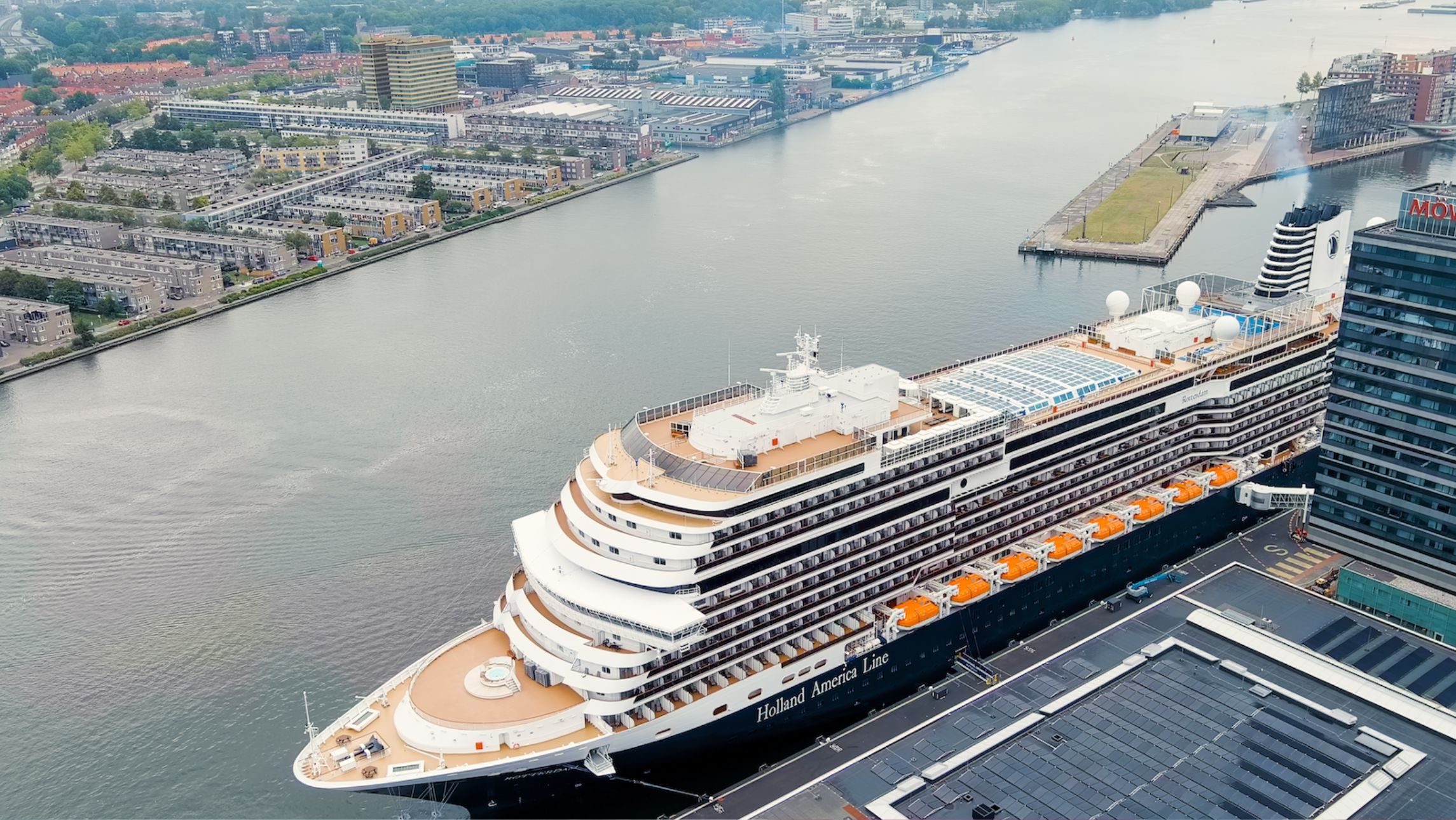
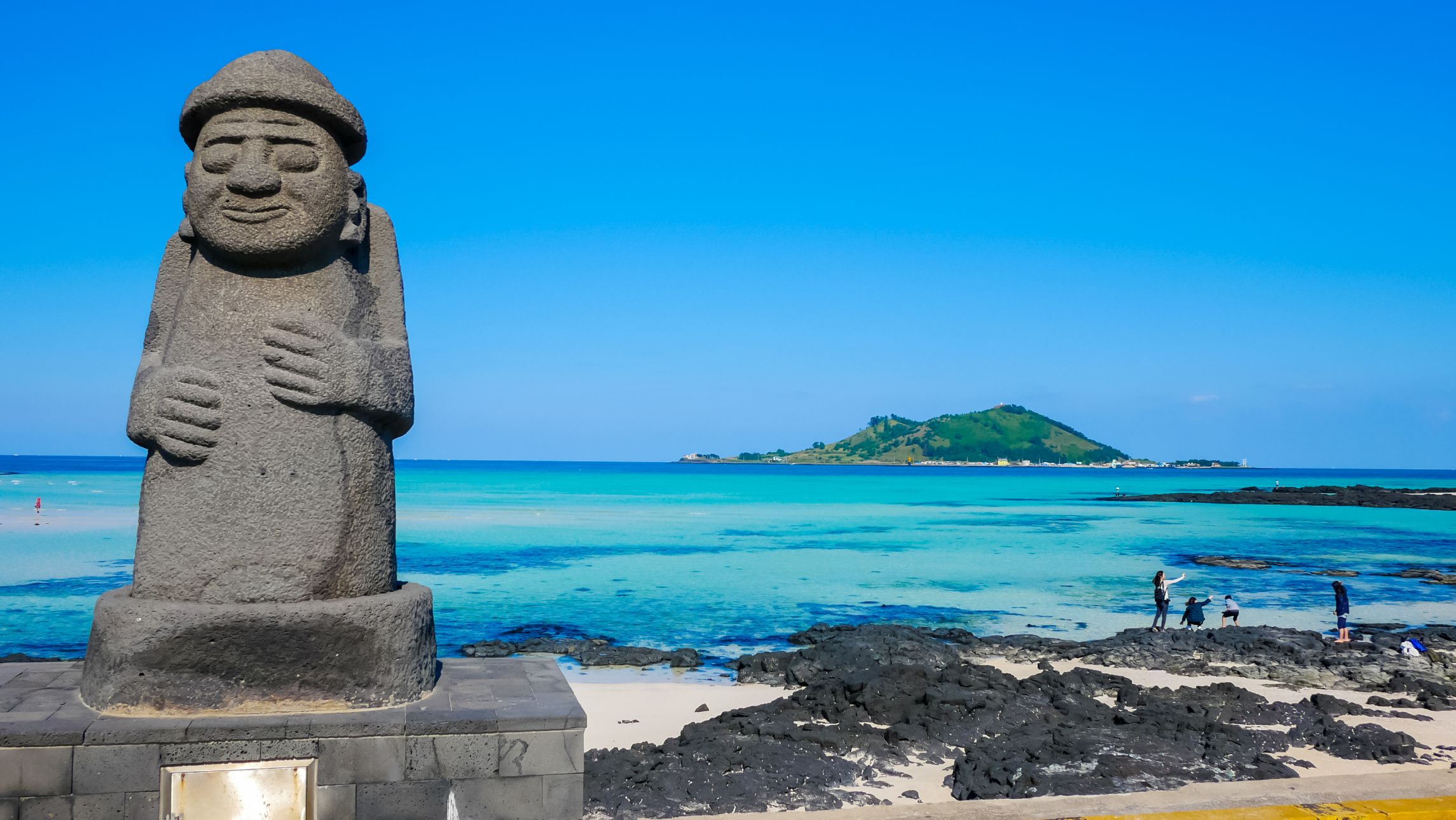


I am booked for this exact ship in December 2021. I hope they pay full refund to the people on board, but also hope they continue cruising.
As a Princess devotee, my husband and I will continue cruising. The company has been more than generous with refunds and add ons.
I know the cruise industry has suffered during this crisis however, is there a tally how many others internationally have died from being exposed in other confined spaces such as air travel and more.
As previously stated from another reviewer coronavirus from Feb through to now has changed with needs and the rules continuously changing day by day.
We will continue cruising and have booked one in October this year within Australia and hope it goes ahead.
I believe the cruise industry has been singled out and targeted for some unknown reason. The facts are there, the percentage of deaths from COVID-19 on board ships was miniscule. I ask the question, how is it that a cruise ship is called a petri dish when flying on a jet for international flights is not even mentioned???
Tracy Temple’s irresponsible accusation that she was lied to….not true, at the time the crew member was telling her the truth as she knew it and all others. Ms Temple was irresponsible if boarding the ship endangered her life. EVERYONE has learned just how fluid the virus information was, hour to hour, things were changing. 20/20 hindsight…..
The additional fly in the ointment was countries closing their ports. This caused great danger and harm to many passengers and crew. This was not the fault of the cruise lines. Where was the world’s humanitarian spirit? Enough is enough.
I look forward to cruising as soon as possible. Already have a cruise scheduled for next March & April.
As a veterans of 52 cruise, we can’t wait to cruise again. We were on ‘that’ Ruby cruise. We have watched most of reports about what happened. Most of them have been ‘fairy’ stories. The Four Corners account was relatively accurate but how Tracy Temple can go on national TV and blame Princess astounds me. The Shine Lawyer was no better! OF COURSE there is a risk getting on the ship, indeed any ship for that matter. People need to accept respo sibility for their own actions. She admitted to having flu symptoms & did not attend the medical centre, or indeed isolate herself in her cabin, as was requested. She is part of the problem, merrily attending all the crowded functions & filming the evidence. What an idiot, I should sue her!!
Why shouldn’t the ship have sailed. There were plenty other cruises still departing around the world. Anyway NSW Health are the ones who cleared the ship to sail after tests came back negative.
Seriously do not know how people think they have a case to sue except for the motive of a quick buck.
Bring back the cruises!!!
We have a cruise booked for May 2021 – from before Coronavirus, and have just booked another cruise for October next year. Can’t wait to cruise again.